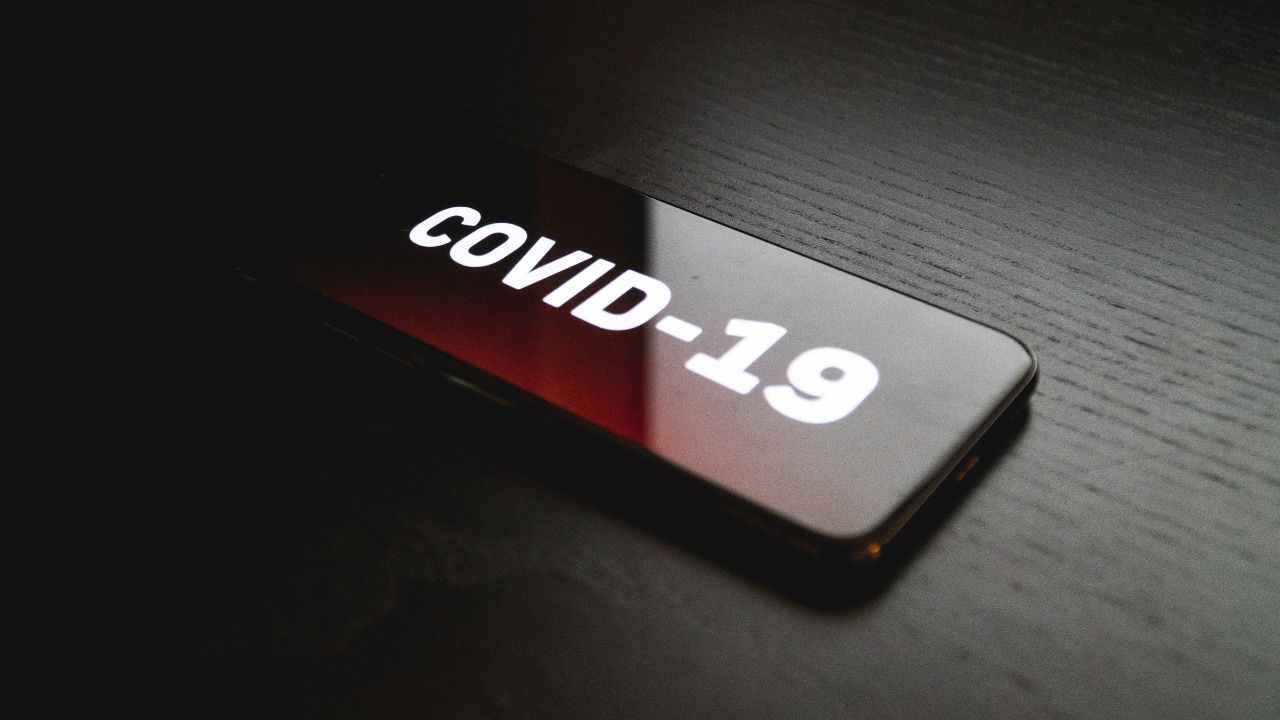Researchers reported on Monday that a smartphone app can detect Covid-19 infection in people’s voices using artificial intelligence (AI).
The team claimed that the app is more accurate than other antigen testing and is inexpensive, quick, and simple to use, implying that it can be utilised in low-income nations where PCR tests are expensive and/or difficult to obtain.
“The promising results indicate that basic speech recordings and fine-tuned AI algorithms can possibly reach high precision in predicting which patients have Covid-19 infection,” said Wafaa Aljbawi, a researcher at Maastricht University’s Institute of Data Science.

A smartphone app is being developed to identify Covid-19 from people’s voices:
Researchers reported on Monday that a smartphone app can detect Covid-19 infection in people’s voices using artificial intelligence (AI).
The team claimed that the app is more accurate than other antigen testing and is inexpensive, quick, and simple to use, implying that it can be utilised in low-income nations where PCR tests are expensive and/or difficult to obtain.
“The promising results indicate that basic speech recordings and fine-tuned AI algorithms can possibly reach high precision in predicting which patients have Covid-19 infection,” said Wafaa Aljbawi, a researcher at Maastricht University’s Institute of Data Science.
The researchers employed Mel-spectrogram analysis, a speech analysis approach that identifies different voice qualities such as loudness, power, and change across time.
“We constructed multiple artificial intelligence models and tested which one worked best at classifying the Covid-19 cases,” Aljbawi explained.
They discovered that one model, known as Long-Short Term Memory (LSTM), outperformed the others.
LSTM is built on neural networks, which act similarly to the human brain and recognise underlying relationships in data.
It had an overall accuracy of 89%, an ability to accurately detect positive instances of 89%, and a capacity to correctly identify negative cases of 83%.
“These findings demonstrate a considerable improvement in the accuracy of identifying Covid-19 when compared to state-of-the-art diagnostics like the lateral flow test,” Aljbawi stated.
According to the researchers, their findings must be validated with big numbers.











